Minister of Water Resources interviewed about ecological crisis
Water scarcity is becoming an increasingly serious threat to Uzbekistan. Analysts believe that in the next 20 years, the countries of Central Asia will face an acute shortage of water.
What efforts are being made to mitigate the situation? Kun.uz correspondent interviewed the Minister of Water Resources Shavkat Khamrayev.
- Shavkat Rakhimovich, in recent years 35-40% of ice sources that supplied water to Central Asia have melted. And these processes are accelerating from year to year. We feel the lack of water every day in our lives, but we do not feel the measures taken by the ministry in this regard.
- The fact that you do not see our actions does not mean that nothing is being done. On November 30, the Law on Water and Water Use was amended. In total, over the past 3 years, two resolutions, three presidential decrees and four decrees of the Cabinet of Ministers have been adopted in this area.
At the press conference, we also noted that the introduction of water-saving technologies and drip irrigation has increased 9 times over the past 3 years.
In this regard, the procedure for providing subsidies to farmers and local enterprises producing water-saving technologies is simplified. These technologies fully satisfy not only domestic but also export demand.
Drip and rainwater irrigation technologies were first applied in the Navoi region, and recently a similar enterprise was launched in the Khorezm region. Such enterprises also operate in Fergana, Andijan and Namangan regions.
Modern pumps and motors are now completely manufactured in our factory.
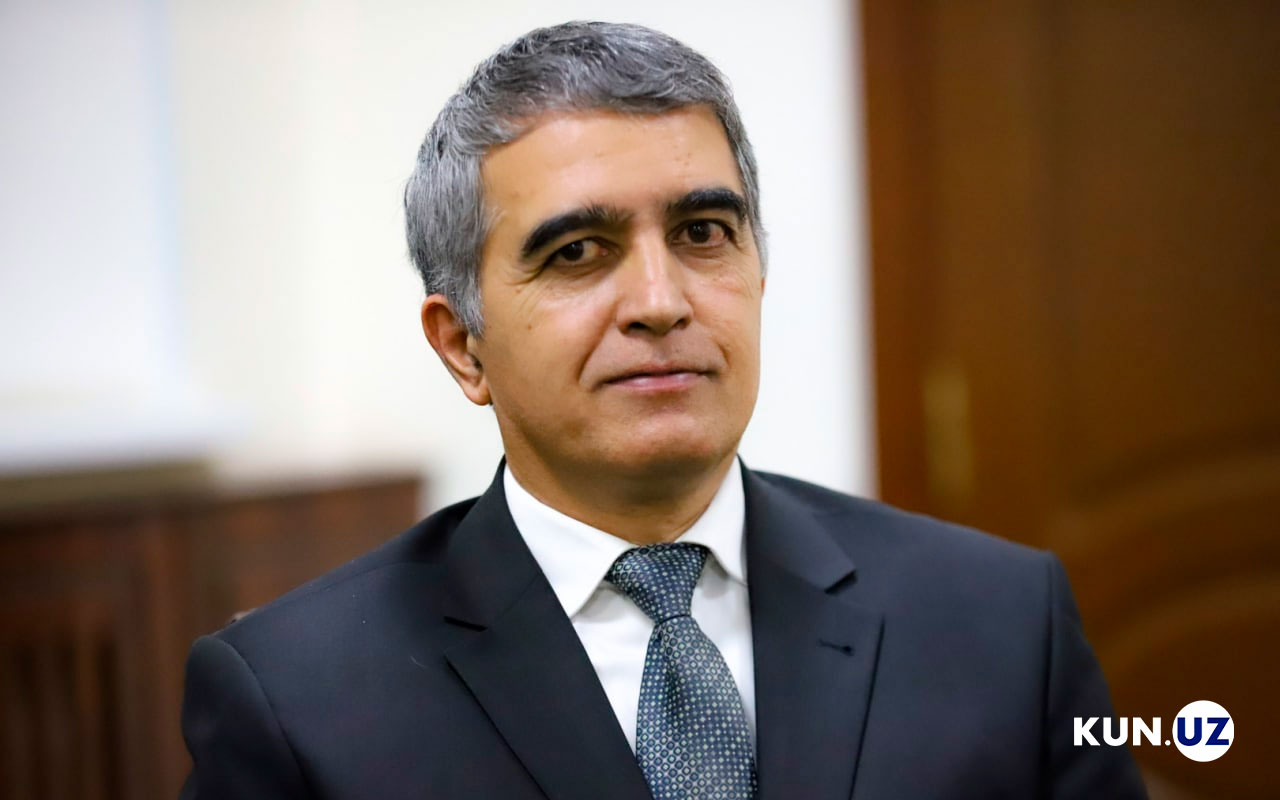
- You are talking about subsidies, but farmers argue that the conditions for receiving subsidies are still difficult and their current conditions do not match them. Perhaps the conditions for obtaining subsidies should be made easier?
- Nobody ever has a lot of money. Even in the current situation, we are seeing many positive results. We show farmers who are not happy with subsidies the fields of these highly efficient farmers. We convince farmers that this is possible.
Such technologies allow saving not only water, but also mineral fertilizers, and the labor of irrigators. Overall, water-efficient technologies cut conventional costs by 50%. The yield also increases by 10-15%. I repeat, the only solution to the water shortage problem is water-saving technologies.
- When there is a shortage of water, the first blow is felt by the farmer and the owner of the personal plot. According to appeals to our editorial office, most of the water in the field is taken by farmers, the owners of household plots do not see the water. They complain that the law on water use does not work. Why can’t you apply the water use regime at the local level?
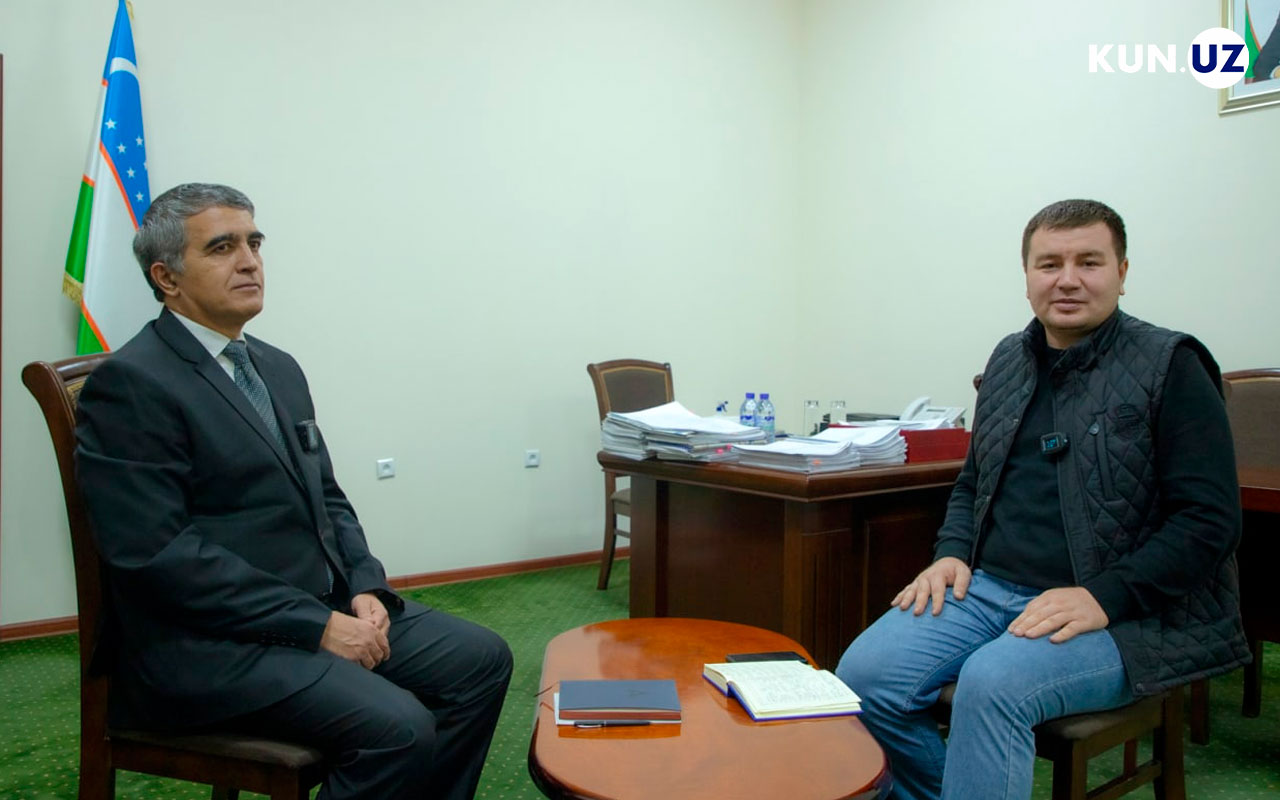
- Your opinion is wrong, in some cases I agree. Areas where farms do not receive water account for less than 1% of the country. Here is the evidence that 90% of the time we distribute water fairly. Perhaps there are 4-5 such cases that have been ignored.
If these victims contact us, we will definitely study and consider their appeal. Maybe someone didn’t dig an irrigation ditch, and that’s why they don’t have water.
- Another reason for the problems with water in Uzbekistan is that today 50% of it is lost in the canals before it reaches the fields. Why today we are not active in concreting or laying pipelines of large canals?
- We are working on it enough. For example, we recently reconstructed a large system in the Khorezm region. Go and see. Thanks to our work, we managed to save 50% of water. Canals are being laid in Surkhandarya. Also in Fergana. But not all of this will happen at once. All this has not been done for so many years.
In the near future, the construction of a pumping station in Bozatau district will be completed. 30 years ago, 3,000 hectares were irrigated here, then everything stopped. We have many projects.
In 2021, the water deficit amounted to 8 billion cubic meters. However, we have grown 3,400,000 tons of cotton and wheat.
One can watch the full interview in the video above.
Related News
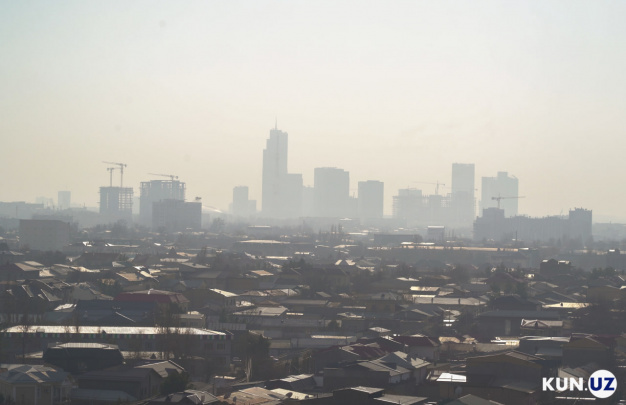
12:10
Tashkent air quality hits unhealthy levels as PM2.5 exceeds safety limits
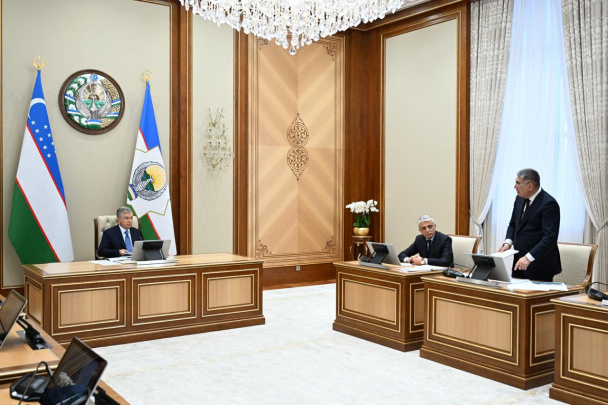
21:33 / 25.02.2026
President Mirziyoyev reviews plan to expand green areas in Tashkent
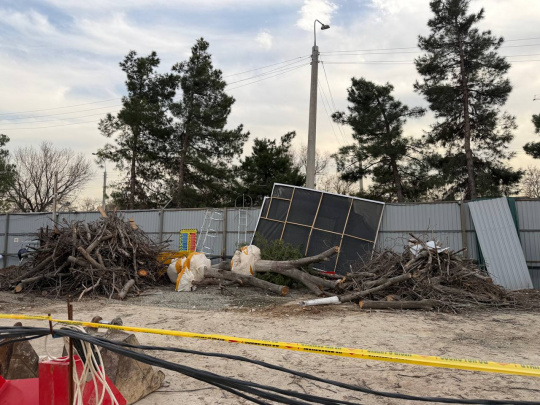
12:15 / 23.02.2026
Several valuable trees uprooted at Ritz-Carlton construction site in Tashkent despite moratorium

13:30 / 09.02.2026



